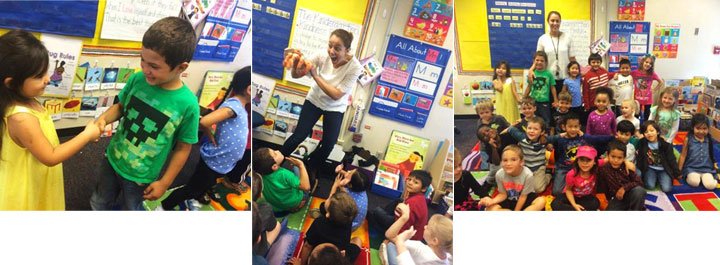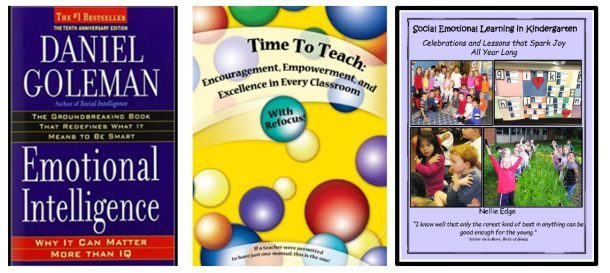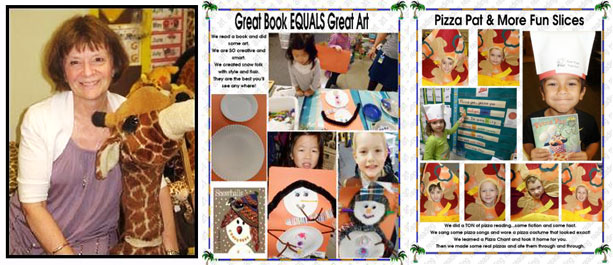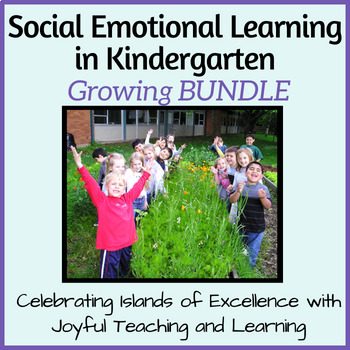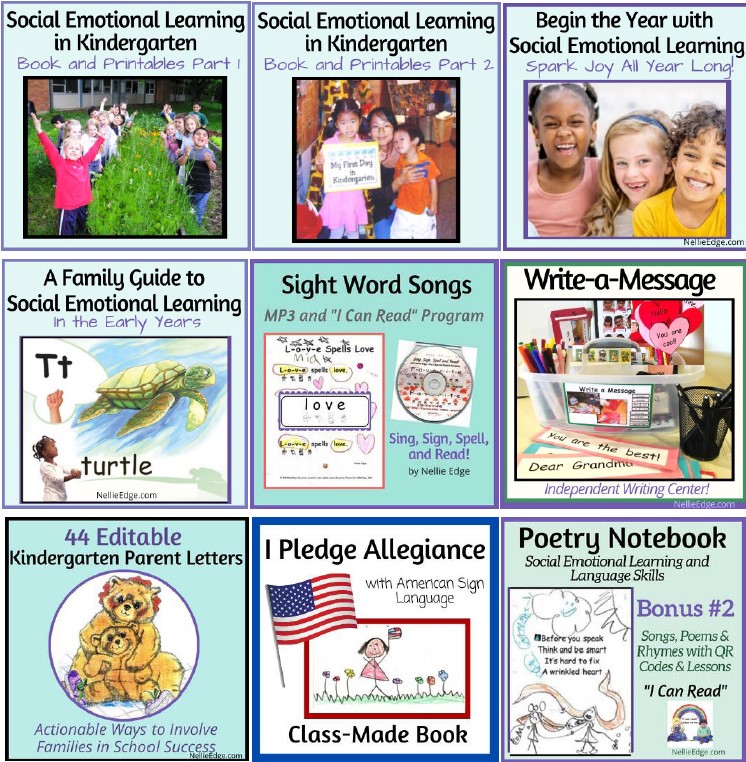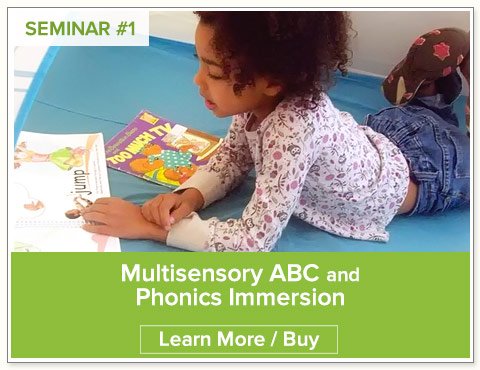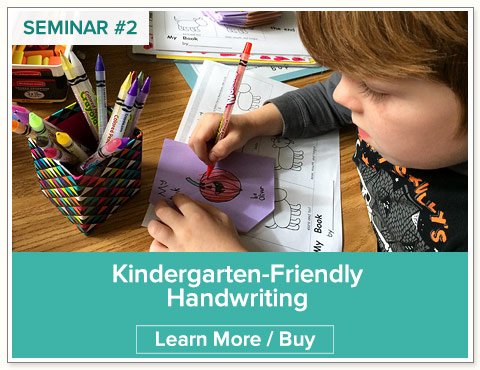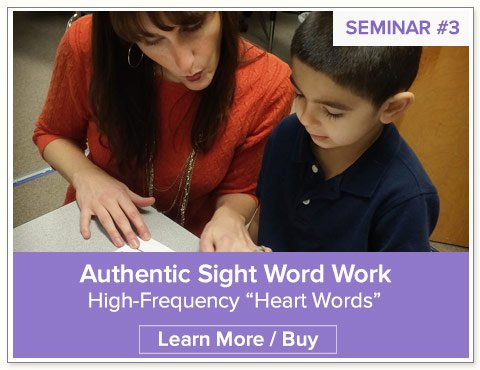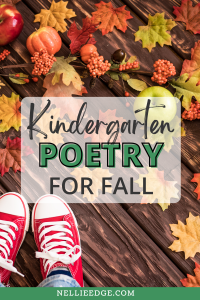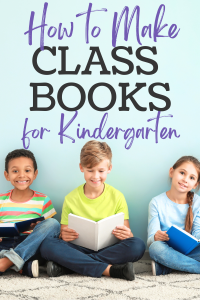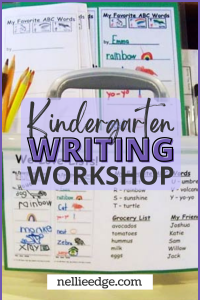Social Emotional Learning in Kindergarten
Kindergarten Kindness is a year-long theme
It matters to consciously develop Social Emotional Skills (SEL) through positive discipline, growth mindset language, and joyful responsive teaching! As caring educators, this is our contribution to healthier schools and healthier communities. We can—and must—bond with our students, teach them to work hard and be kind, and build healthy behaviors and thinking patterns for success in school—and life!
For over three decades Nellie Edge Seminars has focused on building Emotional Intelligence through carefully chosen language, empowering curriculum, and joyful pathways to literacy. We have studied and documented the work of accomplished teachers. Here are a few articles from my updated manuscript Social Emotional Learning in Kindergarten: Lessons and Celebrations that Spark Joy All Year Long on TPT

Award-winning kindergarten colleague Jacque Verrall, NBCT, has written extensively on positive discipline and the value of dramatic play in kindergarten, and I share some of her writing with permission.
- Discipline Is the Absolute Hardest Part of Teaching: Why I Use Positive Discipline
- Wrinkled Heart Lesson
Jacque writes, Never do anything for a child that they are perfectly capable of doing themselves. When you do, you rob them of the opportunity to feel competent. Feeling competent builds self-esteem.
Before you speak,
Think and be smart.
It’s hard to fix
A wrinkled heart!
Use Conscious Discipline and create responsive classrooms.
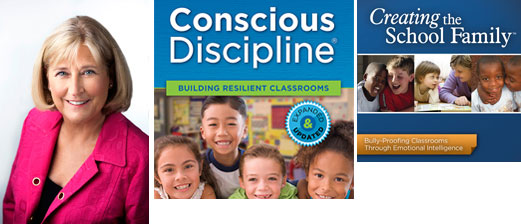
We continue to be inspired by the insightful work of Dr. Becky Bailey, which is documented on her blog, Conscious Discipline, and her latest book: Conscious Discipline Building Resilient Classrooms Expanded & Updated Edition. We highly recommend to all educators her PBS video Shifting from Fear to Love.
Build social emotional skills and a love of learning!

We like to follow the insightful blogs of Sally Haughey at fairydustteaching.com and especially appreciate the September 20, 2015 blog The Peace Table about conflict resolution in her classroom. She writes, “One of the best gifts from Montessori education has to be the concept of the Peace Table… a conflict resolution tool for the classroom. Traditionally, there is a peace rose that the children can present to a child they have a conflict with and ‘go’ to the table to work it out.”
Spark Joy with Social Emotional Learning All Year Long
Weave these SEL lessons and moments into the kindergarten day and build a joyful community!
Nellie Edge Online Seminars:
Summer Distance Learning Special: All 3 Online Seminars $79! (Save $58!) Credits available.
Get our weekly blog for more high-impact strategies and free resources!



